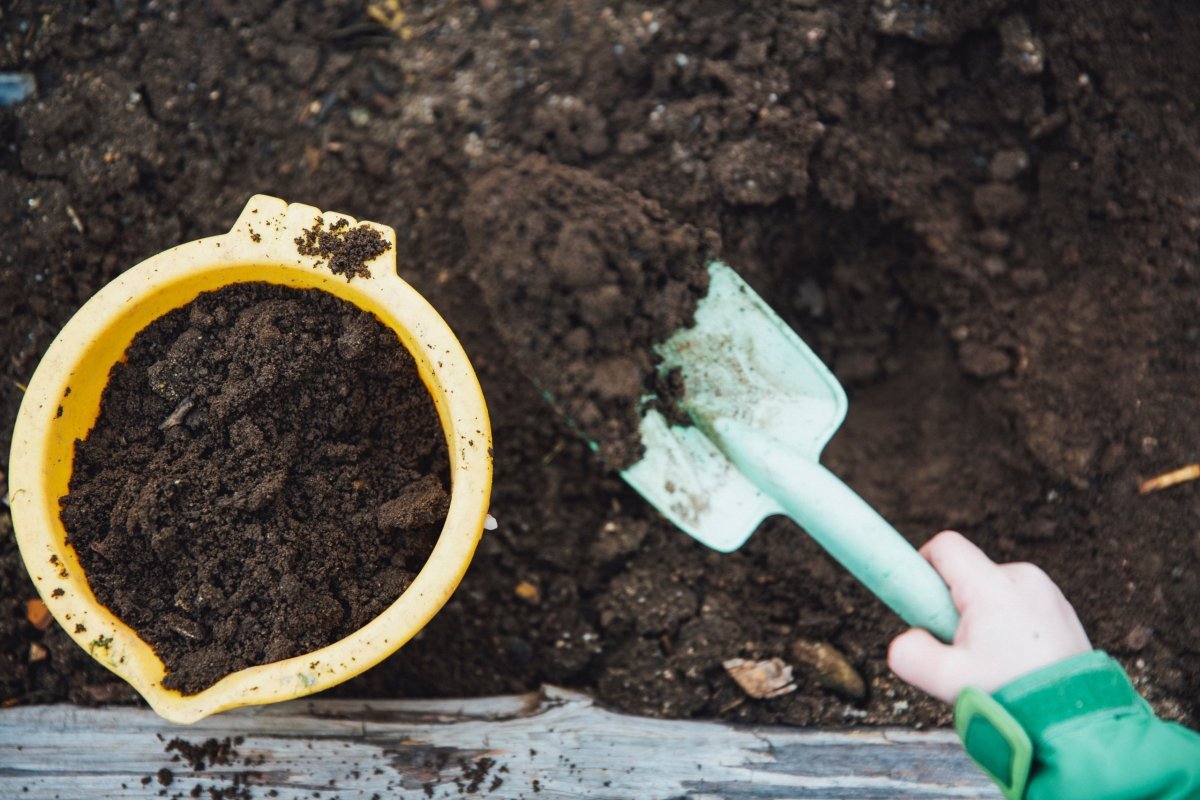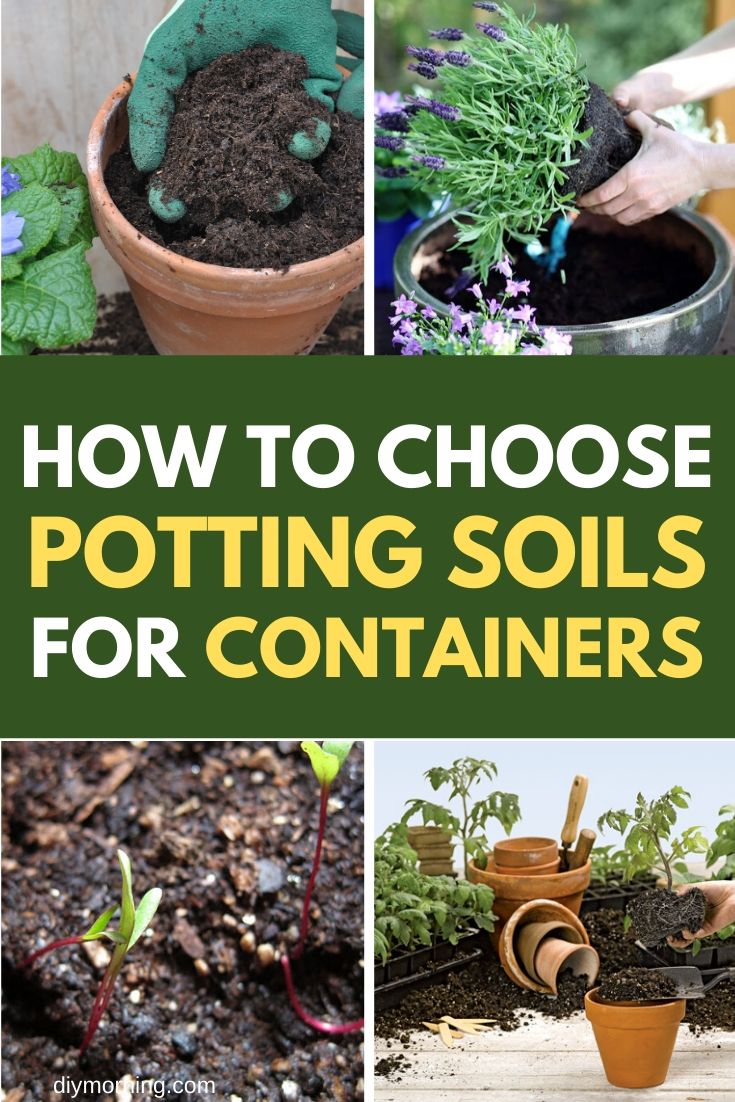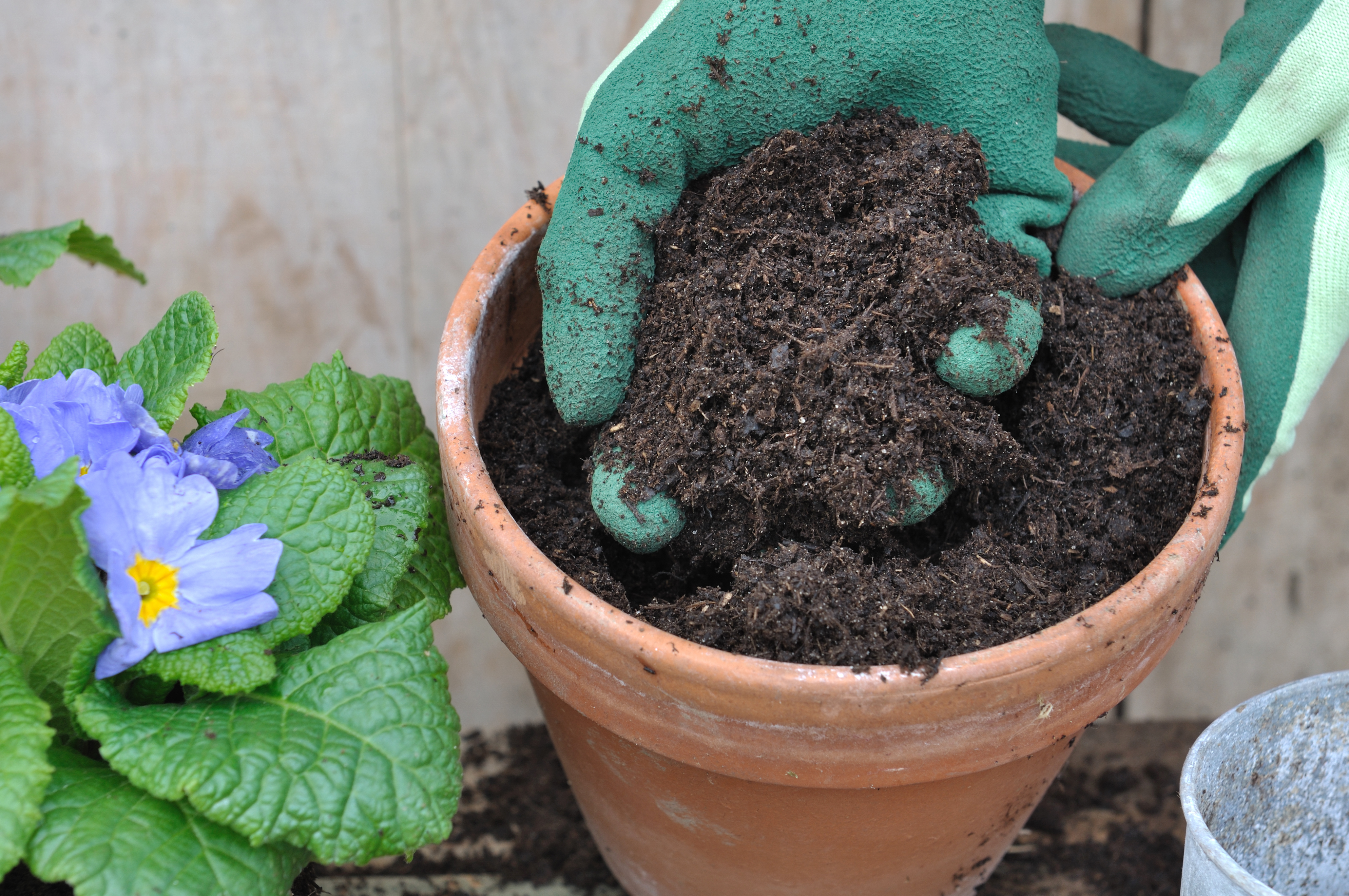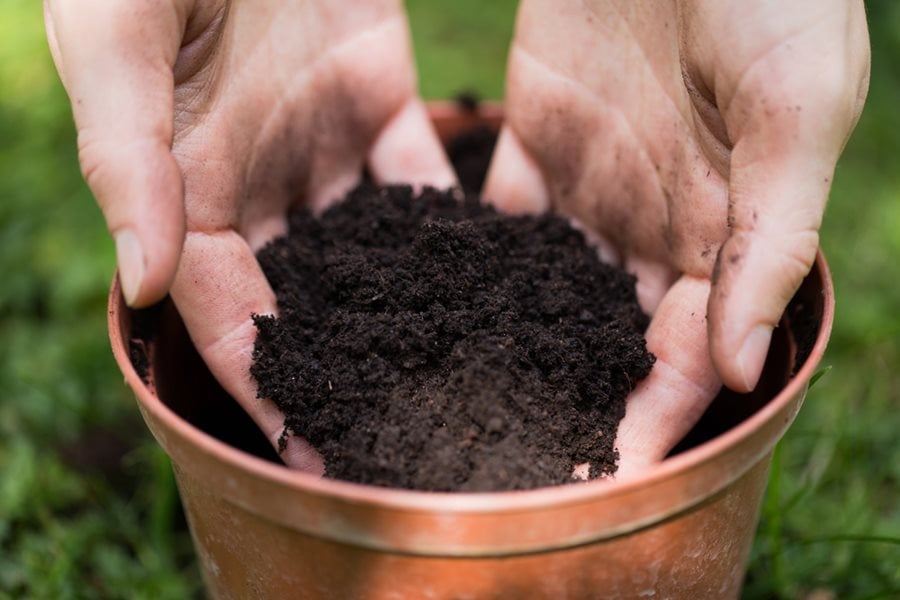Why Container Gardening Requires Specialized Soil
Container gardening presents a unique set of challenges that can impact the health and productivity of plants. One of the primary concerns is the limited root space available in containers, which can restrict root growth and increase the risk of waterlogged soil. Additionally, the soil in containers can dry out rapidly, leading to moisture stress and reduced plant growth. Furthermore, container gardens are more susceptible to nutrient deficiencies due to the limited soil volume and the lack of soil microorganisms. A well-designed soil mix for container gardening can help overcome these challenges by providing a balanced blend of ingredients that promote healthy root growth, retain moisture, and supply essential nutrients. By selecting a high-quality soil mix specifically formulated for container gardening, gardeners can create an optimal growing environment that supports the health and productivity of their plants. This is particularly important, as a soil mix for container gardening that is tailored to the unique needs of container gardens can make all the difference in plant growth and health.
Key Ingredients for a Successful Container Garden Soil Mix
A high-quality soil mix for container gardening is essential for promoting healthy plant growth and maximizing yields. The ideal soil mix should contain a balanced blend of ingredients that provide optimal moisture retention, aeration, and nutrient supply. Four essential components of a successful container garden soil mix are peat moss, vermiculite, perlite, and compost. Peat moss helps to retain moisture, reduce soil temperature, and increase the soil’s water-holding capacity. Vermiculite, a mineral-based ingredient, improves soil aeration, increases water infiltration, and provides a slow release of nutrients. Perlite, a porous and lightweight material, enhances soil drainage, prevents waterlogging, and promotes healthy root growth. Compost, rich in organic matter, supplies essential nutrients, improves soil structure, and supports beneficial microorganisms. By combining these ingredients in the right proportions, gardeners can create a soil mix for container gardening that supports the unique needs of container gardens and promotes optimal plant growth.
How to Create Your Own Custom Container Garden Soil Mix
Creating a custom soil mix for container gardening can be a cost-effective and rewarding experience. By selecting the right ingredients and understanding the unique needs of container gardens, gardeners can craft a soil mix that optimizes plant growth and health. To get started, it’s essential to understand the importance of soil pH, moisture balance, and aeration. A well-designed soil mix for container gardening should have a pH between 6.0 and 7.0, which allows for optimal nutrient availability. Achieving the ideal moisture balance is also critical, as container gardens are prone to drying out quickly. A mix that retains moisture but drains excess water is ideal. Aeration is also vital, as it promotes healthy root growth and prevents waterlogging. To create a custom soil mix, start by selecting a base ingredient such as peat moss or coconut coir. Then, add perlite or vermiculite to improve aeration and drainage. Compost or worm castings can be added to provide essential nutrients. Finally, consider adding slow-release fertilizers or micronutrient-rich fertilizers to support plant growth. By following these steps and understanding the unique needs of container gardens, gardeners can create a custom soil mix for container gardening that supports optimal plant growth and health.
Top-Rated Soil Mixes for Container Gardening: Product Reviews
When it comes to selecting a soil mix for container gardening, there are numerous options available on the market. To help gardeners make an informed decision, we’ve reviewed and compared three top-rated soil mixes: Miracle-Gro, Black Kow, and Espoma Organic. Each of these products has its unique features, benefits, and drawbacks, which are discussed below. Miracle-Gro’s soil mix for container gardening is a popular choice among gardeners. It contains a blend of peat moss, vermiculite, and perlite, which provides excellent moisture retention and aeration. This mix is also fortified with slow-release fertilizers, which support healthy plant growth. However, some gardeners have reported that it can be too dense, leading to waterlogging. Black Kow’s soil mix is another highly-rated option. It’s made from a blend of compost, peat moss, and perlite, which provides a well-balanced mix of nutrients and aeration. This mix is also OMRI-listed, making it a great choice for organic gardeners. However, it can be more expensive than other options. Espoma Organic’s soil mix is a great choice for gardeners who prioritize sustainability. It’s made from a blend of natural ingredients, including bone meal, alfalfa meal, and kelp meal, which provide a slow release of nutrients. This mix is also free of synthetic fertilizers and pesticides, making it a great choice for environmentally conscious gardeners. However, it can be more prone to drying out than other mixes. By understanding the unique features and benefits of each soil mix, gardeners can make an informed decision and select the best soil mix for container gardening for their specific needs.
The Role of Fertilizers in Container Garden Soil Mixes
Fertilizers play a crucial role in container garden soil mixes, as they provide essential nutrients for plant growth and development. When selecting a soil mix for container gardening, it’s essential to consider the type and quality of fertilizers included. Slow-release fertilizers are an excellent choice for container gardens, as they provide a steady supply of nutrients over an extended period. This helps to promote healthy plant growth and reduces the risk of nutrient deficiencies. Organic fertilizers, such as compost or worm castings, are also beneficial, as they provide a natural source of nutrients and improve soil structure. Micronutrient-rich fertilizers, such as those containing iron, zinc, or copper, can also be beneficial, as they help to support plant health and productivity. When choosing a soil mix for container gardening, look for products that contain a balanced blend of fertilizers, including nitrogen, phosphorus, and potassium. Avoid soil mixes that contain high levels of synthetic fertilizers, as these can harm the environment and negatively impact plant health. By selecting a soil mix that contains high-quality fertilizers, container gardeners can promote healthy plant growth, improve soil health, and optimize container garden performance.
Common Mistakes to Avoid When Choosing a Container Garden Soil Mix
When it comes to selecting a soil mix for container gardening, there are several common mistakes that can lead to subpar results. One of the most critical errors is using regular potting soil, which is not designed to meet the unique needs of container gardens. Regular potting soil can be too dense, leading to waterlogging and root rot, and may not contain the necessary nutrients for optimal plant growth. Another mistake is neglecting soil pH, which can have a significant impact on plant health and productivity. Most plants thrive in a slightly acidic to neutral soil pH, and failing to consider this can lead to nutrient deficiencies and poor growth. Ignoring the importance of aeration is also a common mistake, as container gardens require good drainage and aeration to prevent waterlogging and root rot. A well-designed soil mix for container gardening should contain ingredients that promote aeration, such as perlite or vermiculite. By avoiding these common mistakes, container gardeners can ensure they are providing their plants with the best possible growing conditions, leading to healthier, more productive plants. When selecting a soil mix for container gardening, it’s essential to choose a product that is specifically designed for container gardens and meets the unique needs of plants grown in containers.
Soil Mix Maintenance and Care for Optimal Container Garden Performance
To ensure optimal container garden performance, it’s essential to maintain and care for the soil mix. One of the most critical aspects of soil mix maintenance is monitoring soil moisture. Overwatering can lead to waterlogged soil, root rot, and poor plant growth, while underwatering can cause drought stress and nutrient deficiencies. Check the soil mix daily, and water only when the top inch of soil feels dry to the touch. Preventing soil compaction is also crucial, as it can prevent roots from growing and absorbing nutrients. Avoid compacting the soil by not walking on it or using heavy objects on top of the container. Instead, use a gentle touch when handling the soil and plants. Replenishing nutrients is also vital, as container gardens can quickly deplete the soil of essential nutrients. Use a balanced fertilizer specifically designed for container gardens, and follow the manufacturer’s instructions for application rates. Additionally, consider incorporating organic matter like compost or worm castings into the soil mix to provide a slow release of nutrients. By following these simple tips, container gardeners can maintain a healthy and productive soil mix for container gardening, leading to thriving plants and a bountiful harvest.
Conclusion: Unlocking the Full Potential of Your Container Garden
Selecting the right soil mix for container gardening is crucial for optimal plant growth, health, and productivity. By understanding the unique challenges of container gardening and choosing a well-designed soil mix, container gardeners can overcome these challenges and create a thriving garden. Whether you’re a seasoned gardener or just starting out, experimenting with different soil mixes and techniques can help you find what works best for your container garden. Remember to consider the key ingredients, including peat moss, vermiculite, perlite, and compost, and don’t neglect the importance of fertilizers and soil pH. By following the tips and advice outlined in this article, you can unlock the full potential of your container garden and enjoy a bountiful harvest. With the right soil mix for container gardening, the possibilities are endless, and your plants will thrive. So, get started today and discover the difference a high-quality soil mix can make in your container garden!







:strip_icc()/pouring-soil-container-garden-a109e9b8-e5fb21a63b7a4f7b836c0bd4eabf1ebd.jpg)
